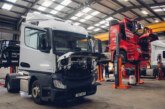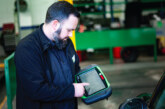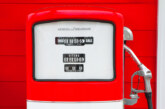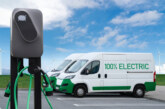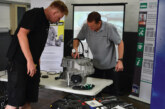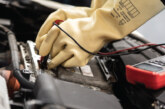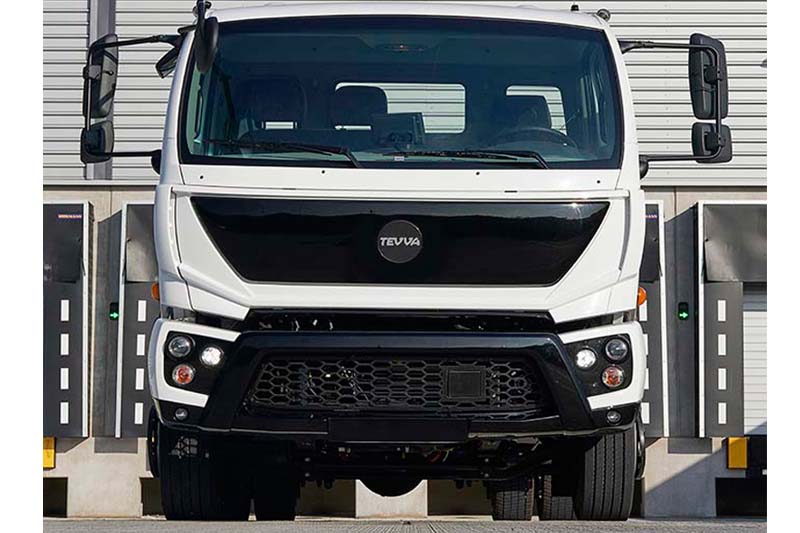
One of the biggest issues facing electrification is the confusion surrounding the technology. Here, Tevva Motors debunks nine common misconceptions.
1. Lithium batteries are bad
It depends what kind of lithium battery you are referring to. There as many as five different types of lithium battery, each utilising a slightly different chemical makeup. However, the Lithium Iron Phosphate battery is low cost, has excellent longevity and thermal stability, and, importantly, uses no cobalt.
2. EVs are only suited to short-range applications
Wrong! In fact, the larger the scale in terms of mileage, the better electric vehicles become – after all, the more miles you do, the more harmful greenhouse gas emissions (including CO2 and NOx) are eliminated. What’s more, Tevva calculations show that EV technology saves an average of 30p per mile.
3. An extended range EV is a hybrid
At its core, Tevva’s technology package offering is a pure electric vehicle; Tevva’s REX range extender is an optional extra that simply increases the functionality of its vehicles. With or without REX, the road wheels of a Tevva truck will always be driven by electric traction motor – removing the range extender means it will operate in exactly the same way, just with less flexibility.
4. What is geo-fencing?
Tevva’s Predictive Range Extension Management System (PREMS) works autonomously to engage the REX range extender only when absolutely required. Even if the truck is in an environment in which 100% EV mode is not necessary, it will wait until the vehicle reaches 25% battery capacity before engaging REX, and will then control capacity so that the vehicle reaches base with 10% left. This means that no energy is wasted.
5. All electric motors are basically the same
Tevva’s latest generation of motors use ‘High Density Switched Reluctance’ technology, negating the need for permanent magnets. This means that rare earth metals are not used, allowing for more end-of-life recycling options, improved cooling and lower costs.
6. Regenerative braking isn’t that important
This element of Tevva’s technology has a particularly significant effect on the medium duty urban distribution industry. This is because it involves driving in inner city environments that are most heavily impacted by Clean Air Zones. In urban areas, the stop-start nature of driving typically uses up to 25% of energy as opposed to the 5% spent on motorways, so using vehicle momentum to put energy back into the battery is very important.
7. EVs are too expensive for mass deployment
Actually, the operating costs for a 7.5 tonne box-bodied truck with a tail-lift and an average duty cycle of 250,000kms over seven years – taking typical repair and maintenance regimes and a seven year lease into account – comes to a monthly leasing cost of £2,070 for a diesel vehicle. It is £90 less per month for a range extended EV.
8. EV technology is evolving fast, so it’s better to wait
Range, operational capability and battery longevity are already more than fit for purpose. Increasing scale now will only drive down costs further and sooner.
9. EV technology isn’t 100% as safe as existing diesel tech
Tevva has worked hard with external authorities to ensure that its battery technologies meet the most stringent of safety regulations, including ISO 26262 for functional safety, and ECE Reg 100 Rev 2 Parts 1 & 2, for battery safety.

